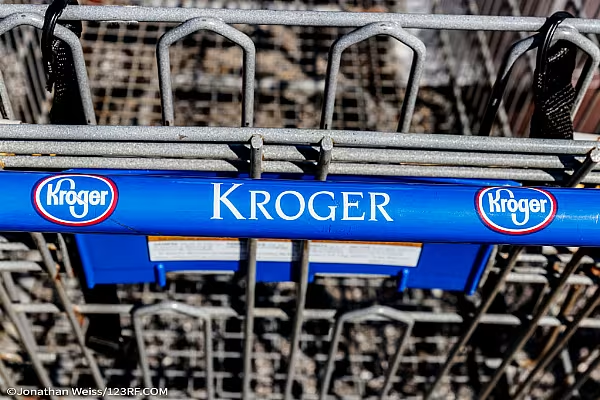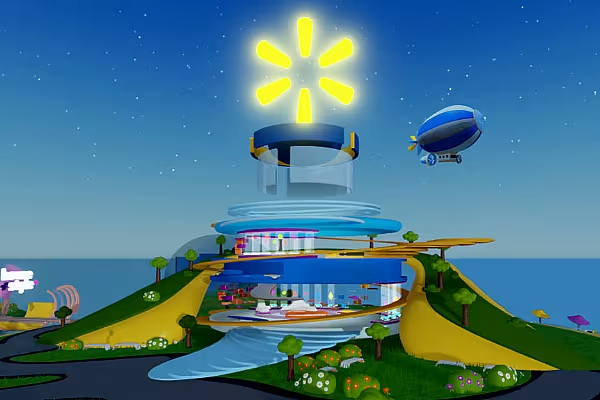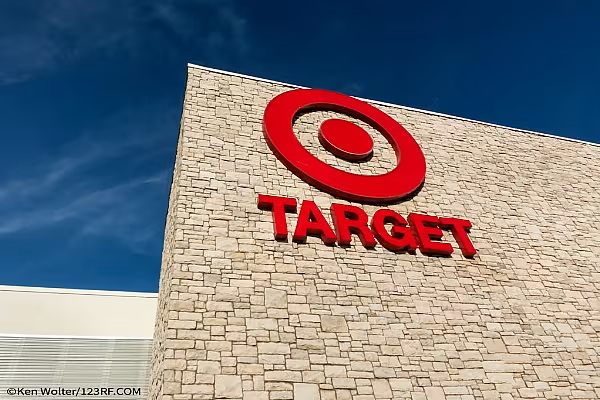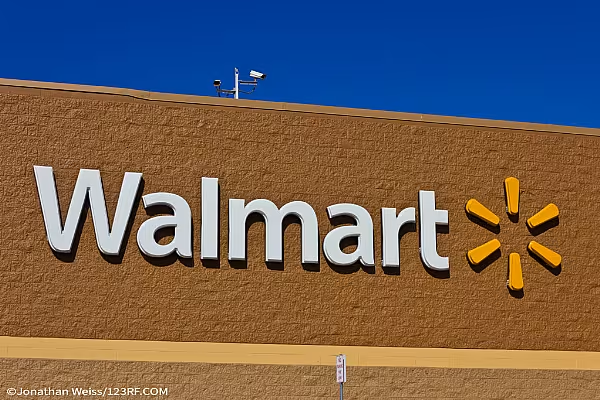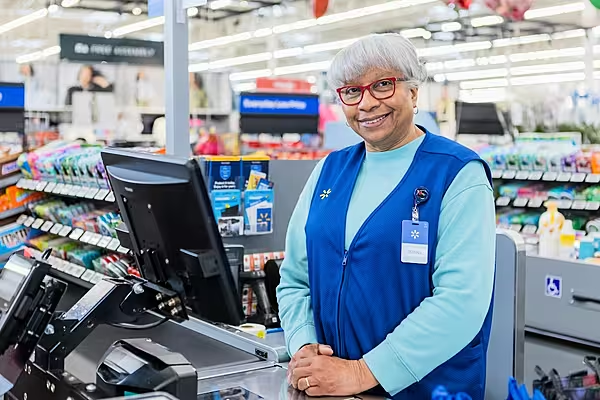Kroger Co has raised its annual sales and profit forecasts as inflation-hit consumers drive up demand for groceries and household essentials at the cost of discretionary goods.
Grocery retailers tend to perform well in an economic turmoil as cash-strapped consumers prioritise spending on food and other essentials, with Kroger also benefiting from demand for its cheaper in-house items such as cheese and meats.
"We saw incredible engagement in our (private-label) brands during the quarter with identical sales growth of 10.2% compared to last year," Kroger chief executive officer Rodney McMullen said.
The grocery businesses of larger rivals Walmart Inc and Target Corp have seen a jump in sales in recent months as well.
However, the big box retailers' larger dependency on apparel and other discretionary products that have fallen out of favour has led to inflated inventories, more discounts and a drop in profits.
Quarterly Performance
Kroger, which is focused on groceries, reported a 56.5% jump in attributable profit to $731 million in the second quarter. Excluding one-off charges, it earned 90 cents per share, beating estimates of 83 cents a share.
Profit margins at Kroger, which has gas stations attached to many of its stores, were also likely helped by an increase in fuel prices, BMO Capital Markets analyst Kelly Bania said.
Kroger forecast adjusted same-store sales growth of 4% to 4.5% for fiscal 2022, compared with its prior outlook of a 2.5% to 3.5% increase.
The US supermarket chain forecast annual earnings per share between $3.95 and $4.05, compared with its prior outlook of $3.85 to $3.95.
Same-store sales, excluding fuel, climbed 5.8% in the second quarter, compared with estimates of a 4.6% rise, according to IBES data from Refinitiv.
News by Reuters, edited by ESM – your source for the latest retail news. Click subscribe to sign up to ESM: European Supermarket Magazine.
